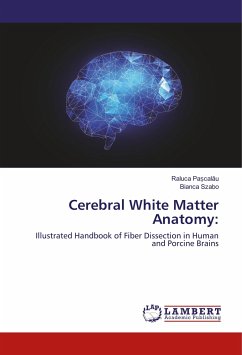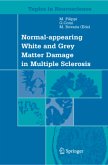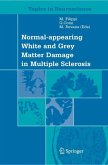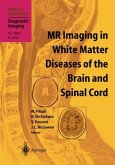The anatomy of the cerebral white matter is nowadays more and more important due to its applications in neurology, neurosurgery and fundamental neuroscience that arose together with the development of the imaging techniques. For a three dimensional view of the white matter tracts, the Klingler technique is the most appropriate because it is based on the formation of formaldehyde crystals that separate the fibers so that they can be dissected in a fashion which is homologue with virtual tractography. This book provides a comprehensive overview of the morphology and function of the white matter tracts and three stepwise fiber dissection protocols for the human brain and their adapted versions for the mammalian brains using the porcine brain as prototype. It is especially useful for teaching purposes in neuroanatomy or in the laboratory training for young neurosurgeons, neuroradiologists and neurologists who want to improve their neuroanatomy knowledge.
Bitte wählen Sie Ihr Anliegen aus.
Rechnungen
Retourenschein anfordern
Bestellstatus
Storno








